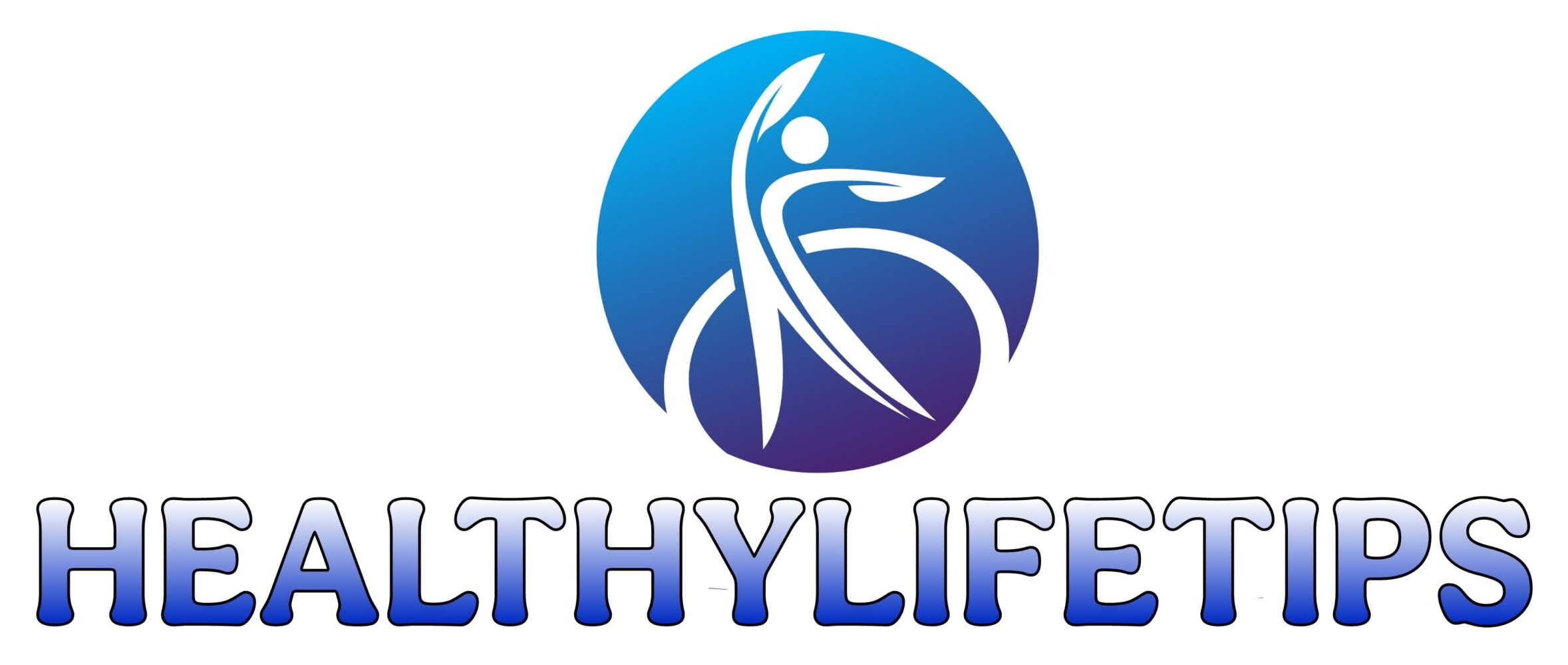
Often characterized as a limited, high-protein weight-loss regimen, the Boiled Egg Diet has become well-known for its simplicity and amazing results. This diet limits other food groups, such as carbohydrates and processed foods, and emphasizes mostly eating hard-boiled eggs. Although many people claim the diet helps them lose weight, its rigorous approach and possible hazards have drawn criticism as well.
The Boiled Egg Diet’s basic rule is to consume at least three hard-boiled eggs every day. The main source of protein is these eggs; lean proteins like chicken and fish are also let in along with non-starchy vegetables and certain fruits. Starchy veggies, grains, sweet snacks, and processed foods are generally rather off-limits. This yields a low-calorie, low-carb diet that might encourage rapid weight loss.
The fact that this diet encourages quick weight loss is among its main attractions. Reducing total calorie intake and emphasizing foods high in protein helps the body to be in a calorie deficit—necessary for weight loss. Furthermore nutrient-dense, eggs offer vital vitamins, minerals, and good fats. The dieter may thus feel full for longer stretches of time, lessening their need to snack all day.
Though the immediate advantages could be enticing, one should take careful thought on the associated hazards. Particularly in areas like fiber, certain vitamins, and key fatty acids, the very rigorous diet might cause nutrient shortages. A diet lacking diversity could also cause the body to overlook important nutrients needed for general wellness. The diet’s long-term viability presents still another problem. Although it could enable individuals to swiftly reduce weight, many find it challenging to sustain such a limited eating schedule over a long period.
Besides, nobody fits the Boiled Egg Diet. The diet may be difficult for those who are pregnant or nursing, those with specific medical issues, and those who have a past of eating disorders. Before beginning the program, it is also imperative to see a healthcare expert since some people may develop disordered eating habits from the rigorous requirements.
Table: Boiled Egg Diet Framework Overview
| Category | Details |
|---|---|
| Focus | Three boiled eggs per day, lean proteins, non-starchy vegetables, and low-carb fruits |
| Allowed Foods | Hard-boiled eggs, lean meats (chicken, fish), leafy greens, tomatoes, grapefruit, and oranges |
| Foods to Avoid | Starchy vegetables (potatoes, corn), grains (bread, pasta), sugary foods and drinks, processed foods |
| Meal Structure | Breakfast: 2 boiled eggs, fruit, non-starchy vegetable. Lunch: 1 egg, lean protein, non-starchy vegetable. Dinner: Similar to lunch |
| Duration | Typically followed for a few weeks, with a transition back to a regular diet after completion |
| Potential Benefits | Weight loss, increased satiety, reduced calorie intake, quick results |
| Potential Risks | Nutrient deficiencies, unsustainable long-term, may lead to disordered eating in some individuals |
| Not Recommended For | Pregnant or breastfeeding women, those with a history of eating disorders |
The popularity among well-known persons and celebrities of the Boiled Egg Diet raises another fascinating question. Clearly, a diet that promises rapid results in a limited length of time appeals. Many times looking for quick weight loss for an approaching event or part, public personalities turn to extreme diets like this one. Stars like Megan Fox and Jessica Simpson, for example, have reportedly reduced weight quickly by varying degrees of limited diets. The Boiled Egg Diet’s emphasis on simplicity and efficiency meets the demands of a celebrity life when sometimes fast results are given first importance.
Within the fitness scene, the diet has also gained popularity, particularly among people looking for a low-carb, high-protein option. The Boiled Egg Diet appeals to everyone who wants to lose weight or build strength since many fitness enthusiasts have praised it for lowering appetite and motivating fat burning.
Still, the diet has created conversation as well. Dietitians and nutritionists warn against such extreme diets as well as against their likely inappropriateness for everyone. “The Boiled Egg Diet lacks important diversity and balance even if eggs are a great source of protein and vital minerals,” registered dietitian Dr. Sarah Wilkerson notes. Extended commitment can have quite bad consequences for health.” Dr. Wilkerson highlights even more the significance of consuming a variety of meals for general health and welfare. This highlights the concern that diets like the Boiled Egg Diet might not be the best choice for long-term health even if they show success in the near run.
Notable is also the societal impact of the Boiled Egg Diet. As more people look for quick answers for weight loss, the demand for basic, easy-to-follow diets has skyrocket. Diet plans promising rapid results with minimal effort have exploded in reaction to this. Providing a no-fuss approach for weight management, the Boiled Egg Diet fits quite nicely in this trend.
But as society grows increasingly health-conscious, concerns over the long-term effects of such extreme diets are growing. Experts warn that stressing weight loss over general health and welfare could lead to an unhealthy obsession with food and body image. Furthermore, the emphasis on restricted diets may increase the stress many individuals have to match arbitrary beauty standards, thereby harming mental health and body image.
More people following these fad diets drives demand for more environmentally friendly, well-balanced approaches to weight loss. Health professionals highlight the significance of seeing food and exercise from a long-term perspective instead of counting on hasty remedies that offer merely temporary solutions but disregard the fundamental reasons for weight increase and bad health.
Clearly, the Boiled Egg Diet reflects the times rather than merely a passing trend in response to growing concerns. The popularity of the diet emphasizes the current fixation with fast results since people search for quick, effective ways to reduce weight. Still, like any diet, the Boiled Egg Diet should be taken under close attention considering both its benefits and disadvantages. For those seeking to lose weight quickly, it could be a wise decision; but, for others, a more sustainable and balanced approach could be the better one.
As the world works through the difficulty of weight loss and health control, diets such as the Boiled Egg Diet will undoubtedly remain under conversation. One thing is certain: it has attracted public interest independent of whether it becomes a fad or a long-term solution.
